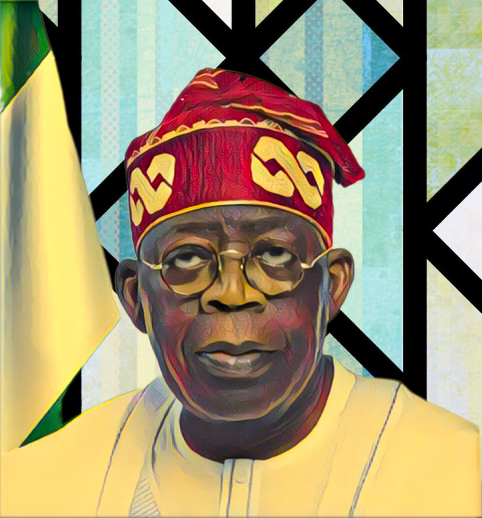In the first year of President Bola Tinubu’s administration, Nigeria has witnessed an unsettling surge in press freedom violations, reminiscent of the oppressive military era. Despite promises made by President Tinubu to uphold press freedom, reports from various media watchdogs paint a grim picture of the current state of the media landscape in Nigeria.
In December last year, during a meeting with the Newspaper Proprietors Association of Nigeria (NPAN), President Tinubu committed to supporting a free press. He emphasized the importance of transparent governance and assured that his administration would respect the media’s opinions without imposing any restraints, even if the coverage was not always favorable.
However, the reality has been starkly different. According to the International Press Centre’s Centre for the Safety and Protection of Journalists (I-CSPJ), attacks on journalists have markedly increased. The Media Rights Agenda (MRA) reported that between May 2023 and April 2024, there were at least 45 documented attacks on journalists and media houses. Of these incidents, 37 involved male journalists, representing 82% of the cases, while female journalists accounted for four attacks, or 9%. Additionally, four attacks targeted media houses, organizations, or outlets directly.
The Press Attack Tracker, a civic technology tool by the Centre for Journalism and Innovation Development (CJID), corroborated these findings. In 2023, the tracker documented a total of 108 cases of press attacks. From May 29 to December 2023 alone, 23 cases were recorded. In 2024, CJID verified another 23 cases of press freedom violations against journalists in Nigeria. Most of these attacks were perpetrated by state actors, including members of the Nigerian Army, the Nigerian Police Force, and the State Security Service (also known as the Department of State Services or DSS).
One poignant example of the misuse of power involved Nurudeen Akewushola, a reporter from the International Centre for Investigative Reporting (ICIR). On May 15, Akewushola received a letter from the National Cybercrime Centre of the Nigerian Police, summoning him for an “interview” concerning a petition received by the NCC. The ICIR’s managing directors also received a similar summons. ICIR editor Victoria Bamas linked these invitations to a report by Akewushola that alleged corruption involving two former Inspectors General of Police.
The MRA has expressed grave concerns about this pattern of harassment and intimidation, particularly through the misuse of the Cybercrimes Act. Idowu Adewale, MRA’s Communications Officer, criticized the uptick in police practices that undermine press freedom under President Tinubu’s administration. Adewale called on the president to direct police and public officials to cease these harmful actions.
Furthermore, the CJID condemned the ongoing arrests of journalists based on cybercrime laws, urging the government to adhere to a Federal High Court order from February 16, which mandates the investigation, prosecution, and punishment of all perpetrators of attacks against journalists and media practitioners.
Chris Isiguzo, President of the Nigeria Union of Journalists (NUJ), described the media’s experience under the current administration as challenging. He acknowledged the cases of repression, including arrests and detentions of journalists. Isiguzo noted that while the government has responded to media stakeholders’ advocacy by releasing detained journalists, the overall situation remains fraught.
In response to these challenges, the NUJ is working with authorities and security agencies to curb the persistent attacks on journalists. On Press Freedom Day, MRA, along with Global Rights: Advocates for Sustainable Justice, the IPC, and the Centre for Media and Society (CEMESO), made several recommendations. These include fostering greater solidarity among media professionals, civil society organizations, and between the media and civil society. They also called for the development of collaborative tools and procedures to better track, document, and disseminate information on attacks on journalists and media freedom.
Additionally, media professional bodies such as the NUJ and the Nigerian Guild of Editors, along with other civil society organizations, are urged to engage with media organizations and their proprietors to support journalists when attacked. This engagement should also encompass enhancing the security of journalists, both online and offline, through training, equipment, and appropriate security policies.
Federal and state governments, through relevant agencies such as ministries of information, the National Orientation Agency (NOA), and media regulatory bodies, should also undertake media literacy and public sensitization activities. These efforts aim to educate the public about the crucial role of the media in society and the importance of ensuring their safety and respecting their rights.
Source: The Guardian


